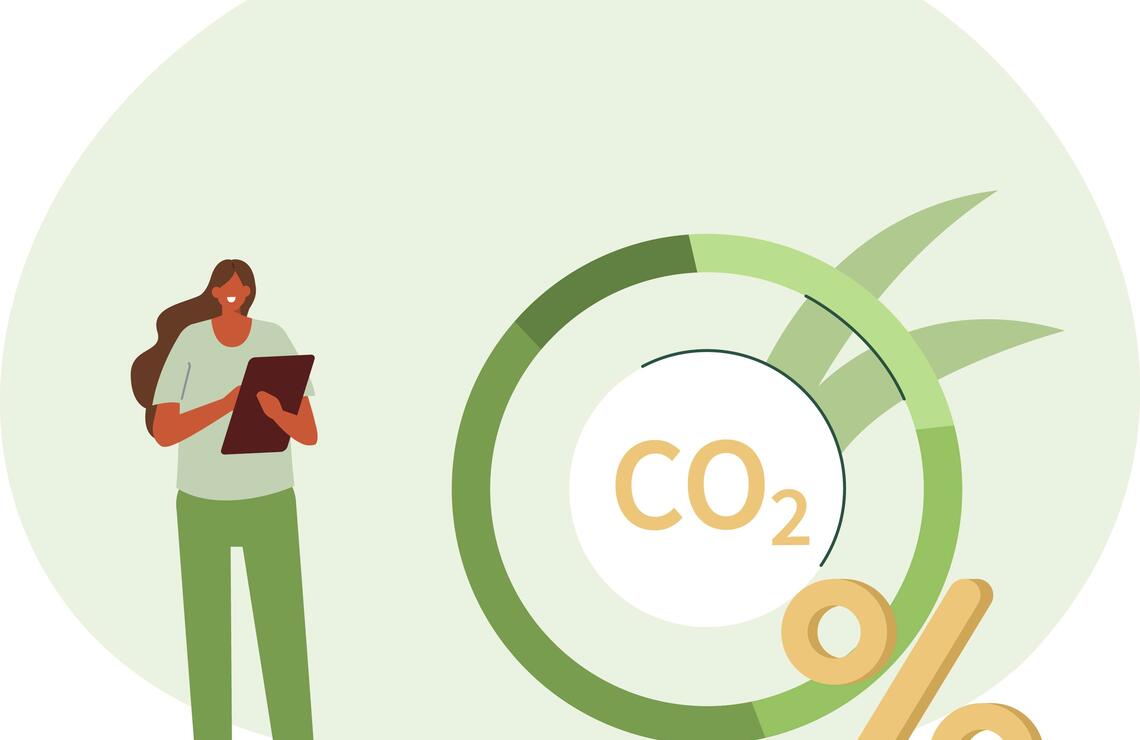
Carbon credits :
Are they really worth it ?
Considered for a long time to be a gold mine, they are now being called into question. COP28 in Dubai failed to reach agreement on their regulation. Some see them as a false solution, while others are signing agreements with African countries left and right.
In Monrovia a year ago, in March 2023, the Emirati company Blue Carbon LLC signed a memorandum of understanding with the Liberian authorities granting them exclusive rights over no less than a million hectares, or 10% of the country's land area, for a period of 30 years. Under Article 6 of the Paris Agreement, signed at COP21 in December 2015, Blue Carbon would use the licensed land to sell carbon credits. For the record, the carbon offset mechanism allows a polluting company to offset its emissions by buying these credits (units each representing one tonne of CO2 avoided, reduced or removed ). The Gulf States are reluctant to stop extracting fossil fuels, an economic model that has ensured their dazzling prosperity for four generations: they are therefore in favour of this offsetting mechanism, which was first envisaged when the Kyoto Protocol was signed in 1997. The scheme has also been praised by the African Development...